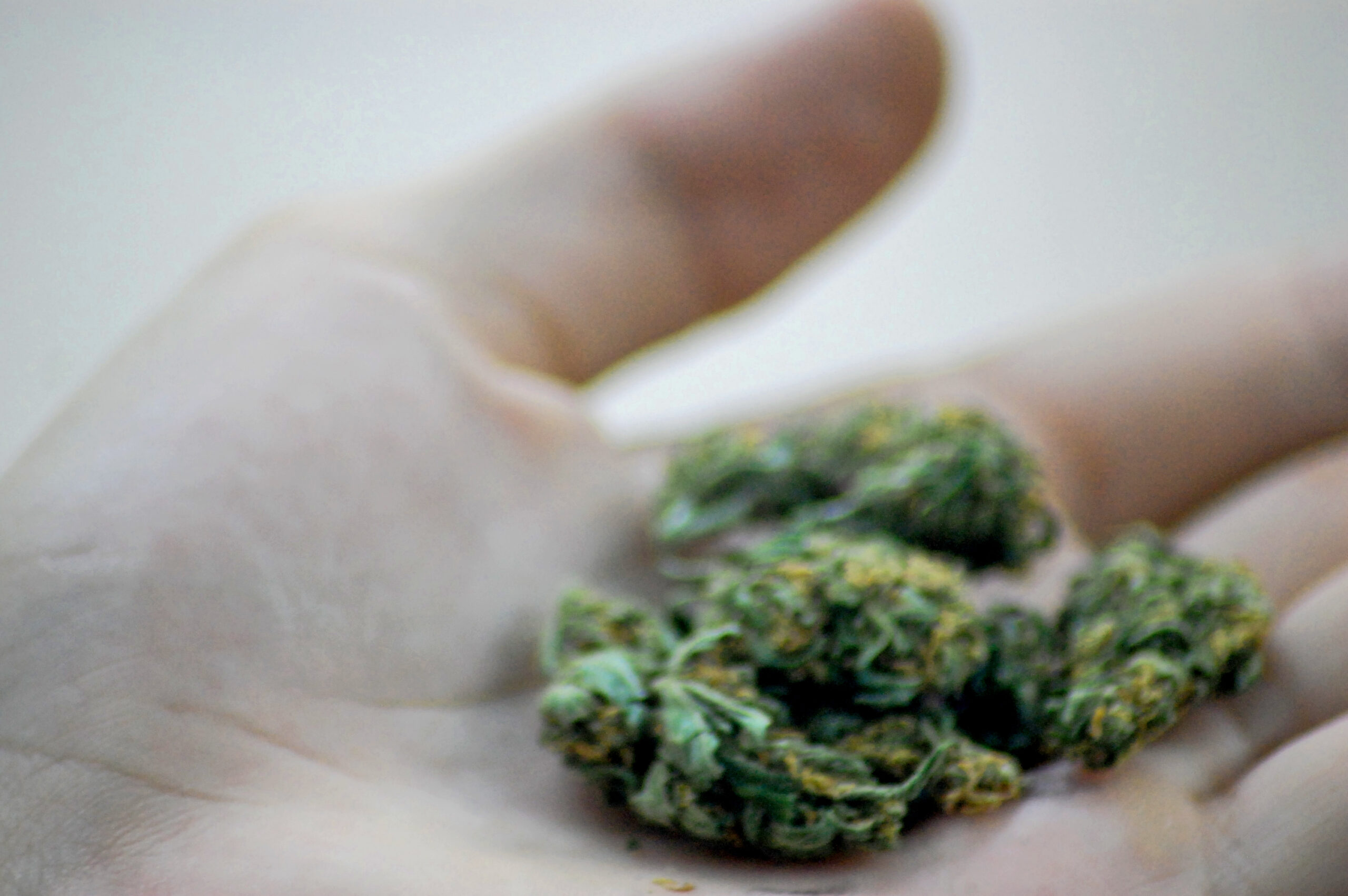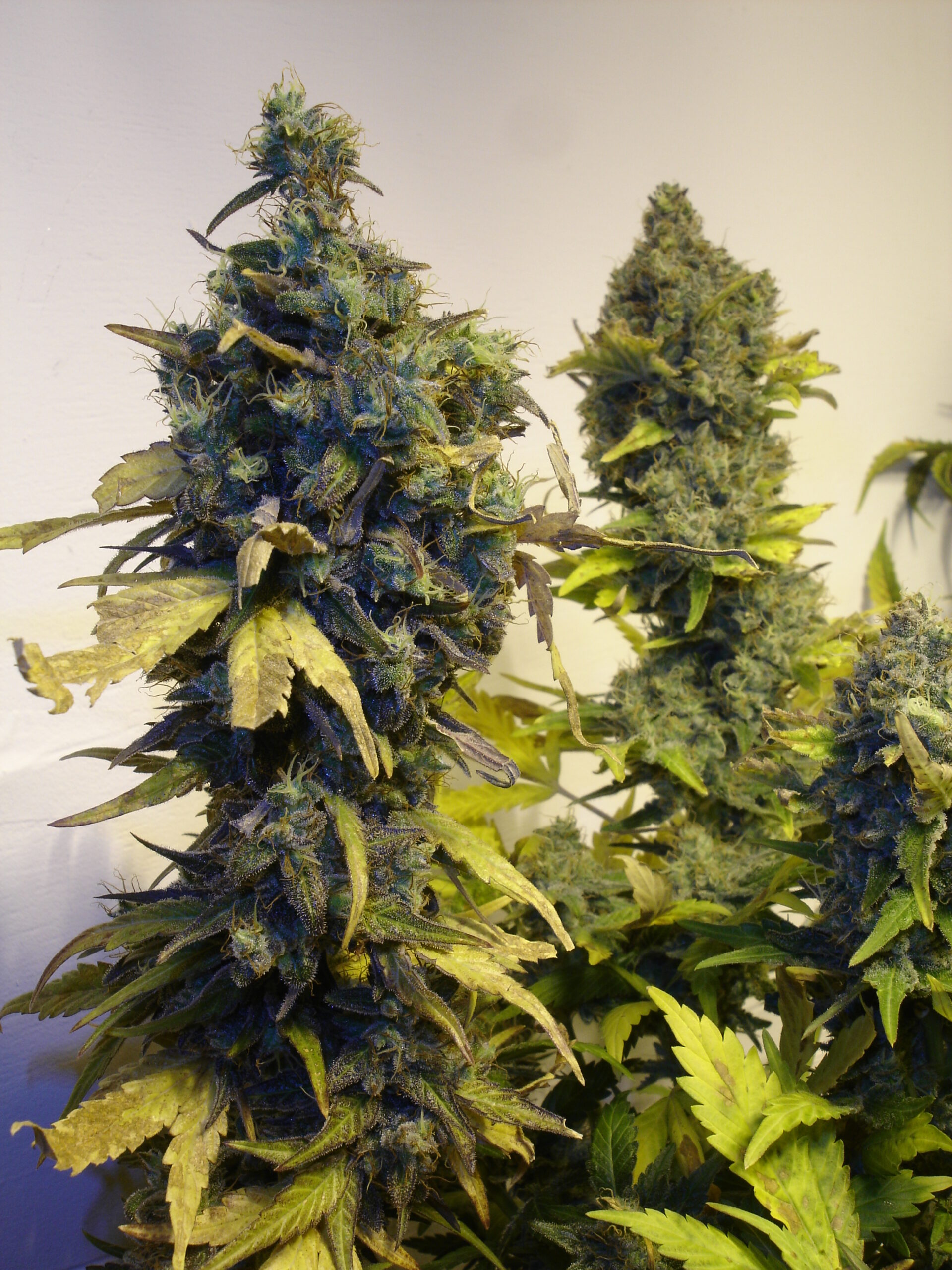The US presidential election was a watershed moment for marijuana legalization, with a large number of states voting in some very cannabis-friendly laws. Medical, and even recreational, weed has become legal in a whole slew of new states. Citizens voted to legalize medical marijuana in North Dakota, Arkansas, Florida and Montana, as well as voting to legalize recreational marijuana in California, Massachusetts, Nevada and Maine. So even people who do not have a California medical marijuana card can now access weed in the state, leaving many MMJ users pondering what President Trump means for medical marijuana.
This means that cannabis will become fully legal in most of the western part of the United States, and even the more reluctant east is cottoning on, with Massachusetts and Maine joining the (very relaxed and peaceful) cannabis card party.

Many MMJ users are wondering what President Trump means for medical marijuana.
So let’s discuss what President Trump means for medical marijuana. Is he as weed-friendly as huge swathes of the population seem to be? And, crucially, will he be good or bad for the 420 card industry?
So far he has hedged his position on marijuana legalization. His campaign did not take a definitive stance on the issue either way. But based on the interviews he has given on the subject of California medical cannabis, recreational cannabis and drug legislation in general, his opinions seem fairly consistent.
Trump believes first and foremost in a state’s right to choose. He told the Washington Post in 2015, “In terms of marijuana and legalization, I think that should be a state issue, state-by-state.”
He also believes that medical marijuana has definite medicinal benefits and that a California medical marijuana license should be available to all patients who it would benefit. In an interview with Bill O’Reilly in February 2016 Trump said he was, “In favor of medical marijuana, 100%,” and in response to O’Reilly calling medical marijuana a ‘ruse’ he said, “But I know people that have serious problems and…it really does help them.” This is very promising indeed.
When asked by O’Reilly about full legalization in Colorado he said, “I would really want to think about that one bill, because in some ways I think it’s good and in other ways, it’s bad.” He seems to be on the fence regarding full legalization, mainly due to his concerns about the psychological effects of cannabis on its users, “There’s another problem…the book isn’t written on it yet, but there’s a lot of difficulty in terms of illness and what’s going on with the brain and the mind, and what it’s doing…it’s coming out, probably, over the next year or so…I do want to see what the medical effects are.”

Will President Trump be a good thing for medical marijuana? Only time will tell.
Despite his concerns about recreational marijuana, he seems to believe in state’s rights to choose in this area also. He told C-Span in 2015 that he was against legalization for recreational use, but when asked by the moderator about the state’s rights aspect of it he replied “If they vote for it, they vote for it…”
In 1990 he said the best way to win the so-called ‘War on Drugs’, and to wrestle power away from the drug czars, was to fully legalize. He told the Miami Herald “We’re losing badly the War on Drugs. You have to legalize drugs to win that war. You have to take the profit away from these drug tzars.”
Comments he made to Bill O’Reilly seem to suggest he is concerned that having a mix of legal and illegal states enables out-of-state drug dealers to source drugs in legal states for sale in illegal states. When O’Reilly claimed “dealers” are going to legal states to “load up on it” and “zoom around the country selling it,” Trump responded, “That’s a real problem.”
Trump has suggested the possibility of reclassifying medical cannabis from a Schedule 1 to a Schedule 2 substance. Schedule 1 substances are federally illegal, while Schedule 2 substances are not, and are considered to have medical benefits, but also addictive qualities. So what President Trump means for medical marijuana may depend on his views on downgrading the herb.
Making medical marijuana legal at the federal level would make an MMJ card available to a larger number of people nationwide, but it would also make medical cannabis a regulated drug, and bring it under the strict control of the U.S. Food and Drug Administration. The FDA would become responsible for approving the manufacturing and processing of medical marijuana, and it could regularly inspect grow farms to ensure that certain standards are being adhered to. The FDA could require California medicinal marijuana companies to prove via clinical trials that cannabis does exactly what is advertised. Clinical trials are extremely expensive and, along with the added regulatory costs, this could cripple smaller growers that don’t have the cash reserves to weather these added costs. This could have the negative effect of putting many small companies out of business and handing the industry over to big drug companies, resulting in homogeneous, lowest-common denominator ‘Mc-medical marijuana’. What President Trump means for medical marijuana growers and the industry in general is going to be very interesting to watch, as he claims to be a shrewd businessman.
So a Donald Trump presidency could prove bittersweet for the medical cannabis industry. He is very friendly to MMJ and appreciates how helpful it can be, but if he decides to reclassify medical marijuana and bring it under the strict control of the FDA this could negatively impact product quality, and put many small growers out of business.
This is all hypothetical at the moment and one thing is for sure: whatever President Trump means for medical marijuana users, we’ll still need our MMJ cards all the way through 2017 as no legislature will change until 2018.
